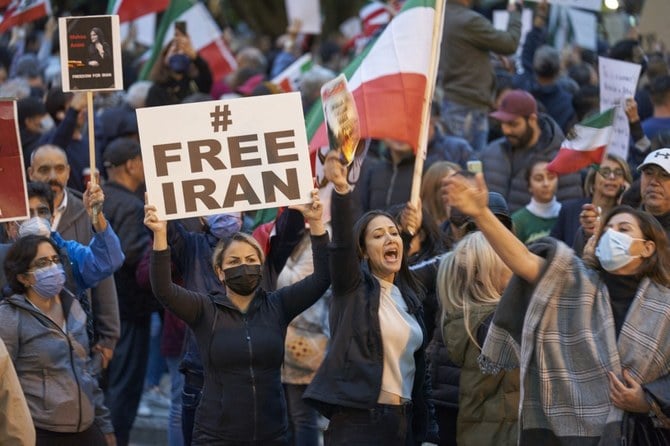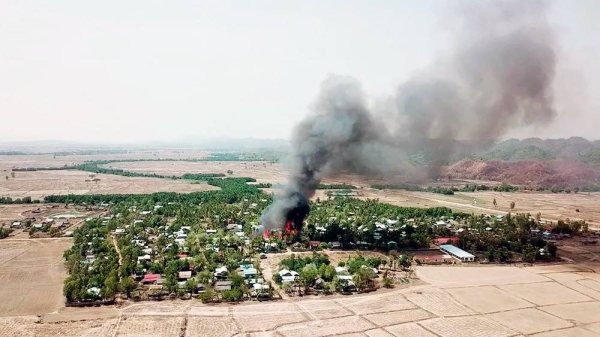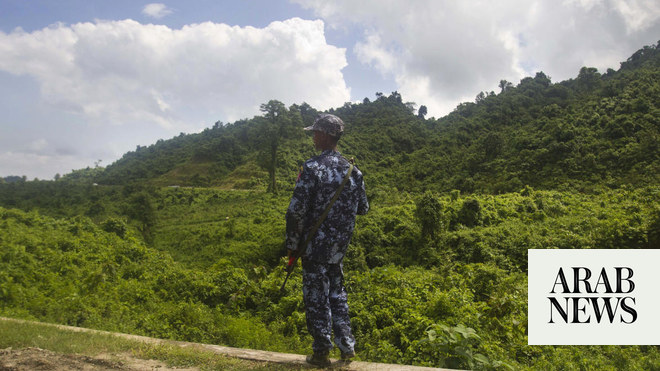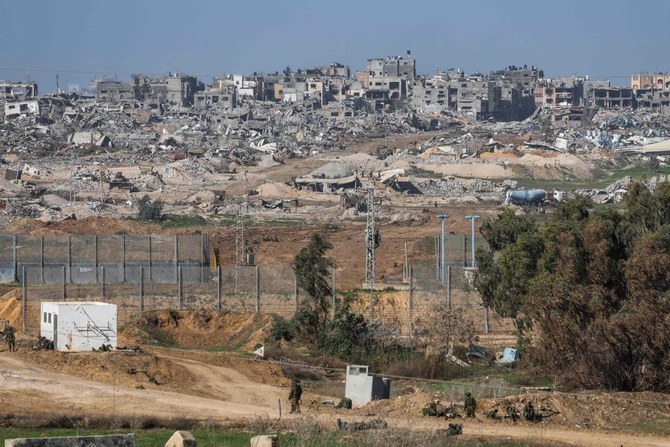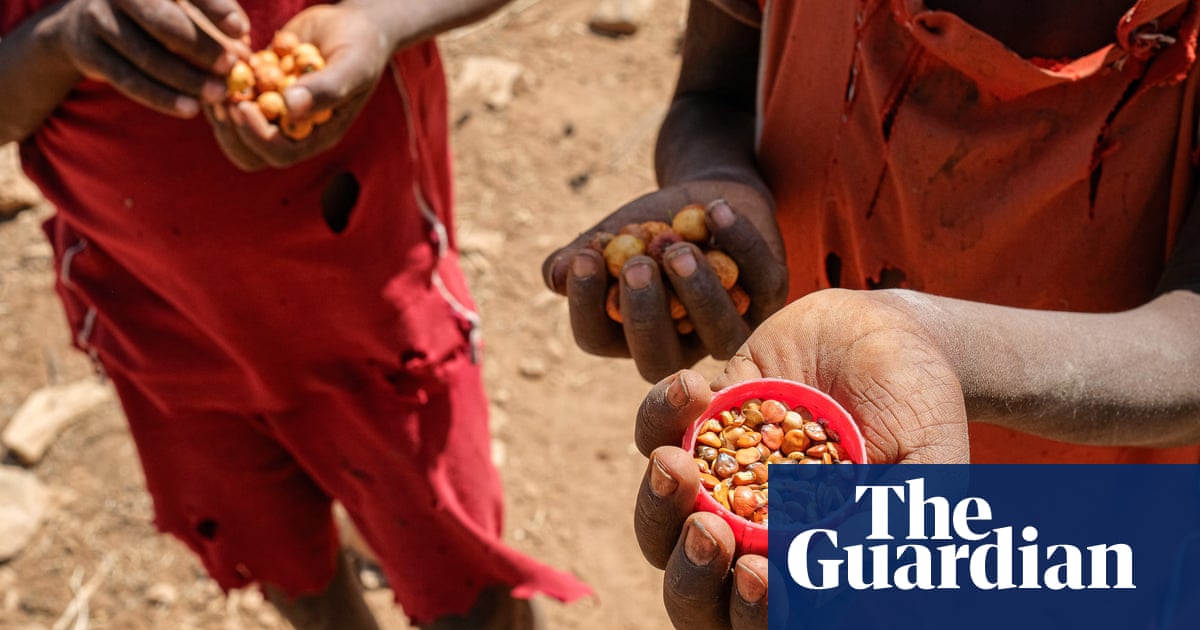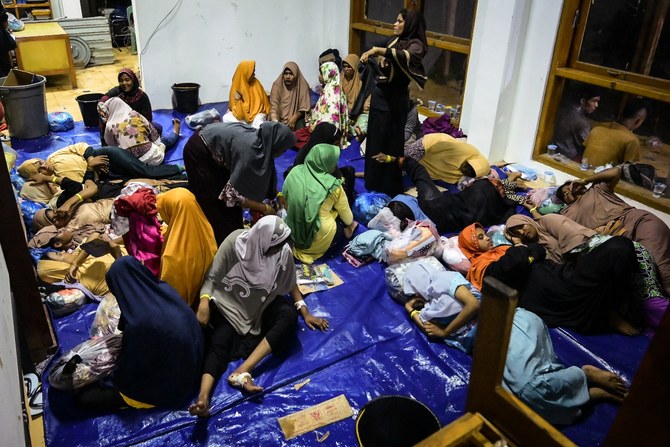
In the troubled landscape of Myanmar, a new chapter of tragedy is unfolding as the Rohingya, a marginalized minority, now find themselves unwillingly drafted into a military that refuses to recognize them as citizens.
This forced conscription is not merely a matter of military strategy but a grave violation of human rights and a stark reminder of the ongoing persecution faced by the Rohingya people.
Myanmar’s military, which is grappling with the formidable challenge posed by the Three Brotherhood Alliance, is showing signs of desperation. Relentless clashes have resulted in a significant number of desertions and defections from the army, with soldiers fleeing to neighboring countries to escape the turmoil and violence.
The alliance is a coalition of ethnic armed groups formed in response to shared grievances and aspirations among its constituent members. Comprising the Arakan Army, the Myanmar National Democratic Alliance Army, and the Ta’ang National Liberation Army, this alliance represents a diverse array of ethnic communities united by a desire for autonomy, recognition and self-determination.
The Arakan Army, primarily composed of ethnic Rakhine fighters, emerged in 2009 with the goal of advancing the rights and interests of the Rakhine people in the conflict-ridden western region of the country. Similarly, the MNDAA, which predominantly consists of ethnic Kokang fighters, was established in the 1960s to advocate for the rights and autonomy of the Kokang ethnic group in Shan State.
The TNLA, which mainly comprises ethnic Ta’ang (or Palaung) fighters, can trace its origins to the early 2000s when it was formed to address their grievances and fight for their rights in the face of marginalization and oppression.
These groups joined forces under the banner of the Three Brotherhood Alliance to amplify their demands for ethnic rights, self-governance and equitable representation within Myanmar’s political landscape. Their existence underscores the complex ethnic dynamics and deep-rooted grievances that fuel Myanmar’s longstanding internal conflicts.
The alliance has emerged as a formidable military opponent to the Tatmadaw, and the regime’s loss of control over strategic regions such as Chinshwehaw, a crucial trade gateway to China, underscores the military’s struggles against the insurgency. The announcement in November that Chinshwehaw had fallen after days of intense fighting served as a sobering reminder of the precarious state of affairs in conflict-ridden regions of the country.
In a desperate attempt to bolster its dwindling numbers and combat the rising tide of rebellion, the Myanmar military has resorted to indiscriminate, mandatory conscriptions that include the Rohingya minority, whom they refuse to acknowledge as citizens.
More 100 Rohingya so far have been arrested for refusing the draft, highlighting the coercive tactics the military is employing to fill its ranks at any cost.
The plight of the Rohingya is compounded by the fact that they are not only targeted by Myanmar’s military but also face threats from the Arakan Army and other armed groups in the region. Caught in the crossfire between warring factions, the Rohingya once again find themselves at the mercy of forces beyond their control.
This forced conscription not only violates international norms but also exacerbates tensions within Myanmar’s already fractured society. The Rohingya, marginalized and persecuted for decades, are now thrust into an even more precarious position, forced to choose between serving in a military that denies their very existence or facing further persecution and violence.
Rumors abound of promises made by the military to grant rights to Rohingya conscripts and a path to citizenship in exchange for their service. History shows such assurances to be hollow, however, mere ploys to exploit the desperation of the Rohingya people. The military understands all too well the dire circumstances faced by the Rohingya and exploits their vulnerability to further its own agenda.
Forced conscription represents a cynical calculus. By coercing Rohingya to join their ranks, the military can not only bolster its numbers without addressing the underlying issues of discrimination and exclusion but also sow the seeds of discord among rebel groups, further destabilizing the region. It is a win-win situation for the military, who exploit the Rohingya as mere pawns in their desperate bid to maintain power.
The plight of the Rohingya, as the world looks on, serves as a stark reminder of the urgent need for international intervention and support. The international community must condemn the forced conscription of Rohingya and exert pressure on the military in Myanmar to respect the rights and dignity of all citizens.
Moreover, concerted efforts must be made to address the root causes of the conflict and work toward a just and inclusive society in Myanmar in which all ethnic minorities, including the Rohingya, are afforded equal rights and opportunities.
In the face of adversity, the Rohingya people continue to demonstrate great resilience and courage, refusing to be silenced or sidelined. It is incumbent upon the global community to stand in solidarity with them and demand justice and accountability for the atrocities committed against them. Only then can we hope to usher in a future in which all individuals, regardless of ethnicity or religion, can live in peace and dignity.
Dr. Azeem Ibrahim is the director of special initiatives at the Newlines Institute for Strategy and Policy in Washington, D.C. X: @AzeemIbrahim




